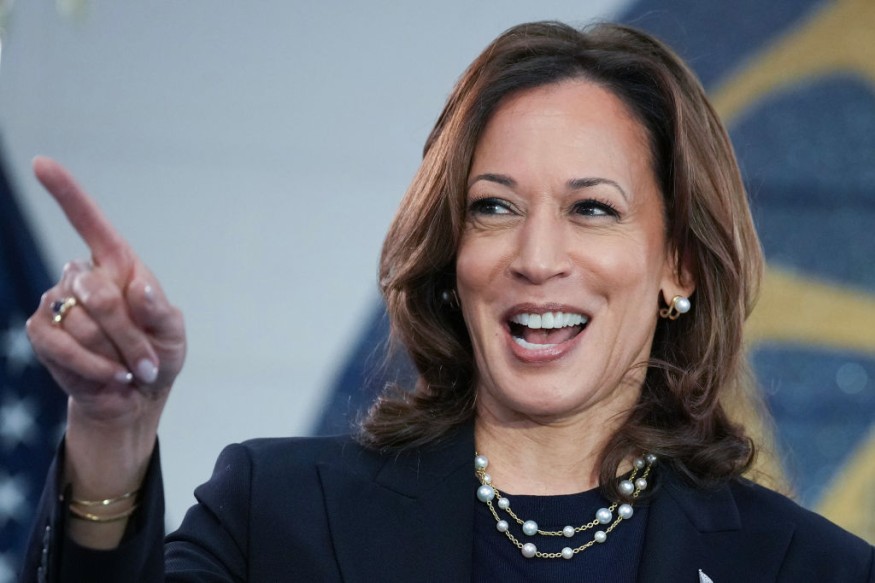Kamala Harris Gains Ground with Latino Voters: A Key Shift in Battleground States

Vice President Kamala Harris has recently made significant strides in gaining support among Latino voters, a crucial demographic for the upcoming presidential election. According to a poll conducted by Equis Research, Harris now leads former President Donald Trump by 19 points among registered Hispanic voters in key battleground states. This marks a notable improvement from earlier polls, where President Joe Biden held only a slim advantage over Trump. The poll, conducted from July 22 to August 4, 2024, shows Harris with 56% support compared to Trump's 37% among Latino voters in states such as Arizona, Georgia, and Pennsylvania.
Harris's gains are particularly pronounced among younger Latino voters, Hispanic men, and those dissatisfied with both Biden and Trump, often referred to as "double haters." Her support among voters under 40 has increased to 60%, a 17-point rise from Biden's previous backing. Additionally, Harris has seen a rise in support among Latinas and Latino men, with 59% and 51% support, respectively.
Despite these gains, Harris still faces challenges in reaching the level of support that Democrats have historically needed to secure the presidency. Her current support among Latino voters is polling in the mid-to-upper 50s, below the 64% benchmark that Democrats typically aim for in presidential elections. This indicates that while Harris has revitalized the Democratic ticket's appeal among Latinos, there remains a significant portion of the electorate that is undecided or unlikely to vote, particularly among new voters.
Critics argue that Harris's campaign needs to address specific concerns and issues important to Latino voters, such as the economy, immigration, and education. Latino voters are not a monolithic group, and their diverse backgrounds mean that Harris must tailor her messaging to resonate with different segments.
Furthermore, while Harris has received endorsements from prominent Latino organizations, financial support from Latino voters has been lacking compared to other demographic groups, highlighting a potential gap in her campaign's outreach efforts.
Overall, while Harris's campaign has made strides in gaining Latino support, there are still significant challenges and criticisms that need to be addressed to ensure a strong turnout from this vital voting demographic in the upcoming election. The outcome of the Latino vote could be pivotal in determining the results, especially in states like Arizona and Nevada, where the Latino population is a significant portion of the electorate.
Subscribe to Latin Post!
Sign up for our free newsletter for the Latest coverage!

















